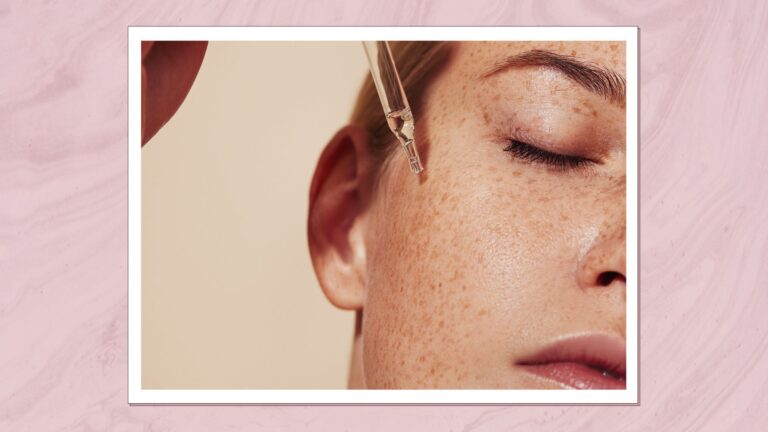EGF, or epidermal growth factor, is gaining traction in the skincare world as a potential game changer. While premium brands have utilized this powerful protein for years, it has yet to make its way into mainstream skincare routines. The reasons are multifaceted, ranging from high costs to a lack of robust scientific backing. However, what we do know is quite promising: EGF boasts impressive anti-aging benefits, particularly in night serums, without the irritation associated with traditional retinol products.
What Are Epidermal Growth Factors (EGF)?
Epidermal growth factors are naturally occurring proteins in the body that play a crucial role in skin health. According to Dr. Jennifer Owens, an aesthetics expert, these factors are essential for processes like wound healing, collagen, and elastin production, as well as cellular renewal. Unfortunately, as we age, the natural levels of EGF decline, similar to collagen and elastin. Professor Firas Al-Niaimi notes that production significantly drops after our twenties, especially during menopause.
Benefits of EGF for Skin Health
Cosmetic EGF has been synthetically engineered to replicate the body’s natural growth factors. Dr. Tara Francis explains that once applied, EGF binds to specific receptors on skin cells, initiating a response for repair and regeneration. Regular use can enhance cell turnover, stimulate collagen synthesis, and repair the skin barrier, leading to improved texture, elasticity, and a radiant complexion.
Top EGF Serums Worth Trying
Bioeffect EGF Serum
RRP: £229. This serum sets the standard for EGF products in the UK. While it comes with a hefty price tag, the immediate effects on skin plumpness and radiance make it worthwhile.
The Inkey List 15% Vitamin C + EGF Serum
RRP: £15. A budget-friendly option that combines brightening Vitamin C with EGF, although EGF is not the primary ingredient.
Allies of Skin Multi Peptides & GF Advanced Lifting Serum
RRP: £176. This advanced formula combines EGF with peptides for enhanced firming and lifting benefits.
The Controversy Surrounding EGF
Despite its potential, EGF is a controversial ingredient in skincare. Dr. Sina Ghadiri highlights three main concerns. First, its ability to stimulate cell division raises questions about a potential link to tumor growth—yet, no clinical evidence supports this with topical use. Secondly, earlier formulations sourced EGF from human foreskin fibroblasts, which led to ethical concerns. Fortunately, most modern products now utilize synthetic or plant-based sources. Lastly, the lack of extensive clinical research comparing EGF to other established ingredients like retinoids is a point of contention.
Who Should Use EGF?
EGFs are particularly beneficial for individuals experiencing signs of aging such as fine lines, loss of firmness, or dull skin. According to Professor Al-Niaimi, they are excellent for mature skin and can also serve as preventative care for younger individuals. Dr. Owens adds that those with dry or compromised skin, especially those recovering from treatments like laser therapy, will find EGF particularly helpful for skin healing and barrier support.
Considerations Before Use
While generally well-tolerated, individuals with a history of certain cancers should approach EGF with caution, given its growth-promoting properties. Additionally, many EGF products haven’t been tested for safety during pregnancy or breastfeeding, so consultation with a healthcare provider is recommended. Budget-conscious consumers may also want to think twice about investing in EGF, as the lack of extensive research may not justify the high price point.
Choosing Quality EGF Products
When shopping for EGF serums, consider the source of the growth factors, product concentration, and available clinical data. Look for clear labeling and a good mix of complementary ingredients, like hyaluronic acid, to enhance EGF’s effectiveness. While EGF presents exciting possibilities, consumers should remain informed and discerning about their skincare choices.
Is EGF a Viable Alternative to Retinol?
Dr. Owens cautions that EGF should not yet be regarded as a direct alternative to retinol, which is backed by extensive long-term data and proven results. However, for individuals with sensitive skin who may struggle with retinol, EGF can serve as a gentle supportive option that promotes skin repair and regeneration.
